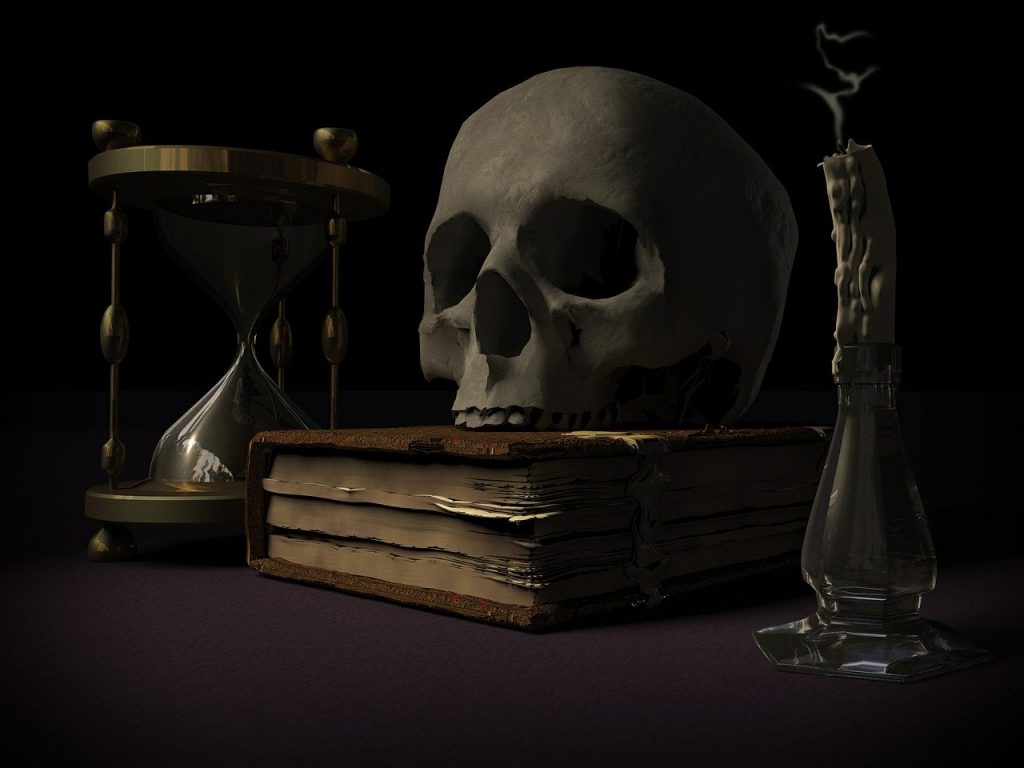Tucked in a darkened corner of the library, you scan the shelves for a good read. Late at night, your spouse catches you browsing the pages of Amazon. (When else do you read a worthy suspense novel?) Thrillers and mysteries heighten the senses and draw us in.
Crime fiction took over general fiction in 2018. Why?
– Good triumphs over evil. And people need to believe that in their souls.
– Readers seek engagement and excitement. Suspense novels deliver.
But is there a difference between thriller novels and mystery novels?
Thriller vs. Mystery: Case Solved
Intrigue. Suspense. Clues. From the first chapter, the author grabs your attention. No turning back. Heart beating fast. Furtive glances around the room. You read and read and read. You sit on the edge of your seat. (Or the bed. Or the couch.)
The unknown beckons you down the path. Curiosity begs you to turn page after page. You think you know where the story is headed until…you run smack into an unexpected twist. The masterful simplicity of it makes you think, “How did I not see that coming?”
Thriller and mystery novels …
– Heighten the senses.
– Stimulate the brain.
– Reduce stress.
– Create a human connection.
– Keep you on guard.
Good suspense novels, both mystery and thriller, include…
1. Apparent conflict: a crime or an intense problem to solve.
2. Quick pacing: the quicker the pace, the greater the suspense.
3. Misleading clues: perfect for leading to an unexpected twist.
4. Descriptive atmosphere: mood, tone and location build suspense.
5. High stakes: risky outcomes keep readers hungry.
Despite the similarities, these novels differ, primarily in their expectations. But structural and content differences show up as well.
The Tension of a Thriller Novel
Roll out a few basics, and thriller novels roll out intrigue, danger and a moving, twisting plot. The quest to prevent a crime before time runs out makes a quality thriller a true page turner. Plus, they translate well onto the silver screen.
Thriller novels differ from mystery novels. (Compare with the list in the next section.) They…
– Introduce conflict through a crime about to happen.
– Focus on preventing the crime.
– Give the reader information the hero does not get.
– Reveal the villain from the start of the novel.
– Create high-level danger from the onset.
– Produce a greater adrenaline rush — from the couch.
– Run a ticking clock the hero must beat.
Thrillers create a constant sense of danger for the protagonist. Quick-paced, high-stakes pressure engages readers and raises their heart rate. The details revealed to the reader and unknown to the protagonist heighten suspense.
Several subgenres make thrillers attractive to a wide audience of readers. Medical, psychological, action, crime, political, legal, military, spy and science fiction — this genre offers something for everyone.
The Curiosity of a Mystery Novel
Quality mystery novels engage the reader beyond pure entertainment. Humor, wit, intelligence and prevailing justice win the day. And, between the first and last pages, you cannot put the book down until you figure out whodunit.
Mystery novels differ from thrillers in several ways. They…
– Introduce conflict as an unsolved mystery.
– Focus on solving the crime.
– Concentrate on post-crime details.
– Solve to unveil the unnamed villain.
– Craft a strong hero or protagonist.
– Build on moderate danger.
These novels raise a lower level of suspense than thrillers. The reader and the protagonist solve the crime at the same pace. No inside information makes you want to scream, “Don’t open that door!” or “The bomb is under the bed!” Neither you nor the hero knows what lay unseen.
Cozy. Historical. Police procedurals. Forensic. Whatever the mystery subgenre, readers engage with the tension of an unsolved crime. In the end, justice wins with the unmasking of the villain. Good puts evil in its place. The tension resolves.
Genre Over Unlabelled: Readers Win
Does the genre matter? Is it important to categorize these books? Some seem to morph both labels into one. Combine a case to be solved, plentiful action scenes and insider information. What label do you put on that?
The genre becomes important for two reasons:
– A bookstore needs to know where to place it to entice the most readers.
– It focuses the writer and targets his or her writing, producing a better quality novel.
In the end, genre gives readers a quality mystery or thriller novel — they can easily find it.
Thriller or Mystery: Your Choice
Thrillers and mysteries engage the mind of the reader as he or she thinks along with the protagonist. Problem-solving proves to be fuel for our brains. But each genre gets there with different content and structure.
You get to choose which will make your heartbeat fast on any given dark, wind-howling night.

